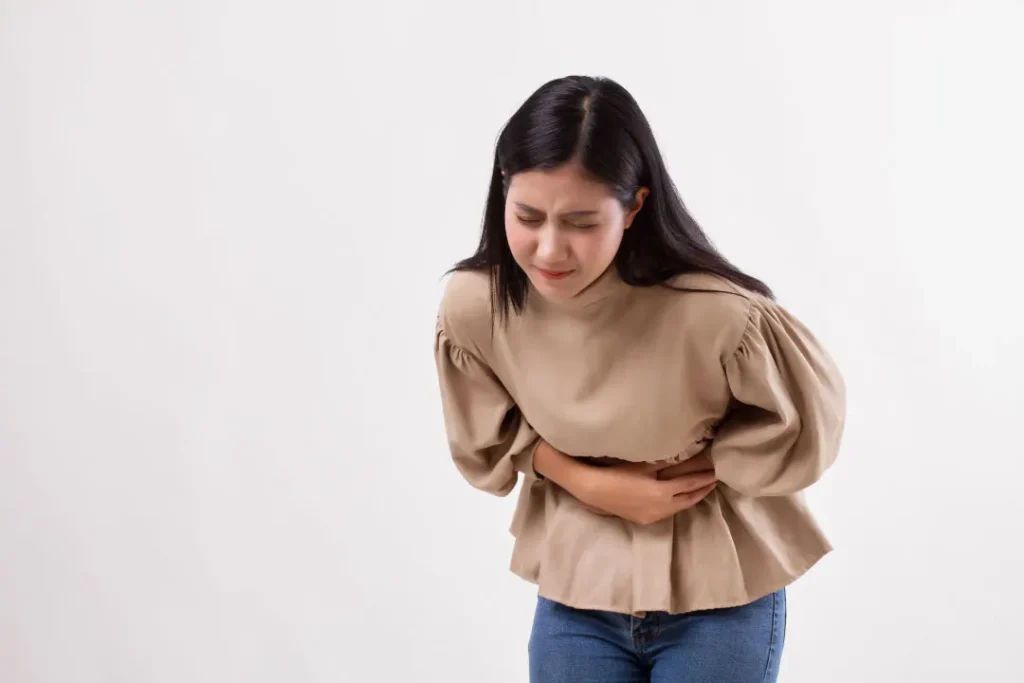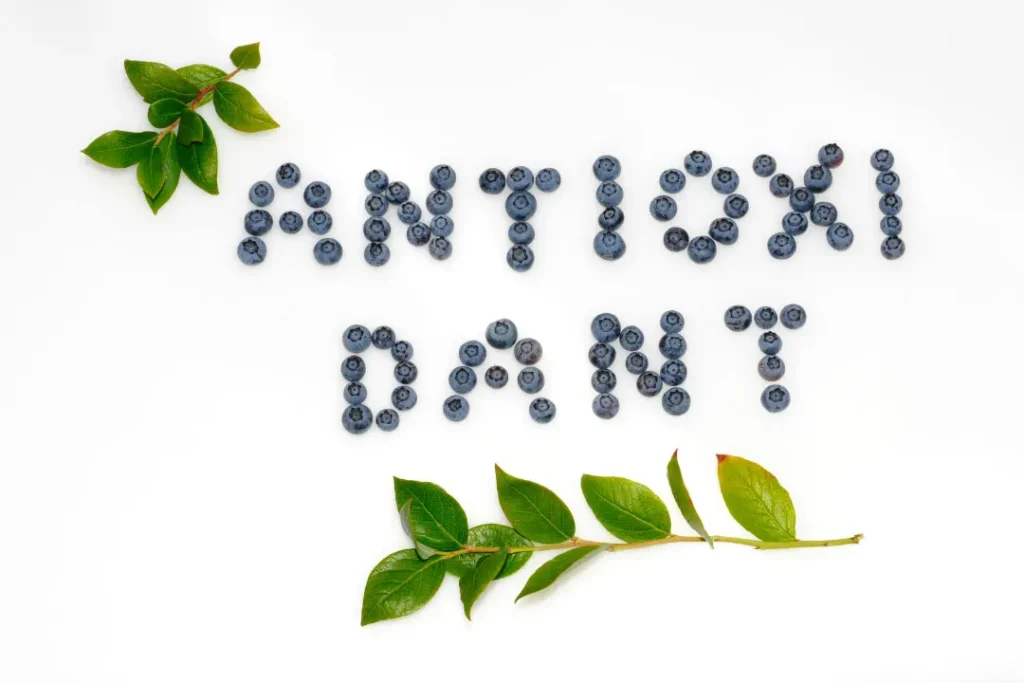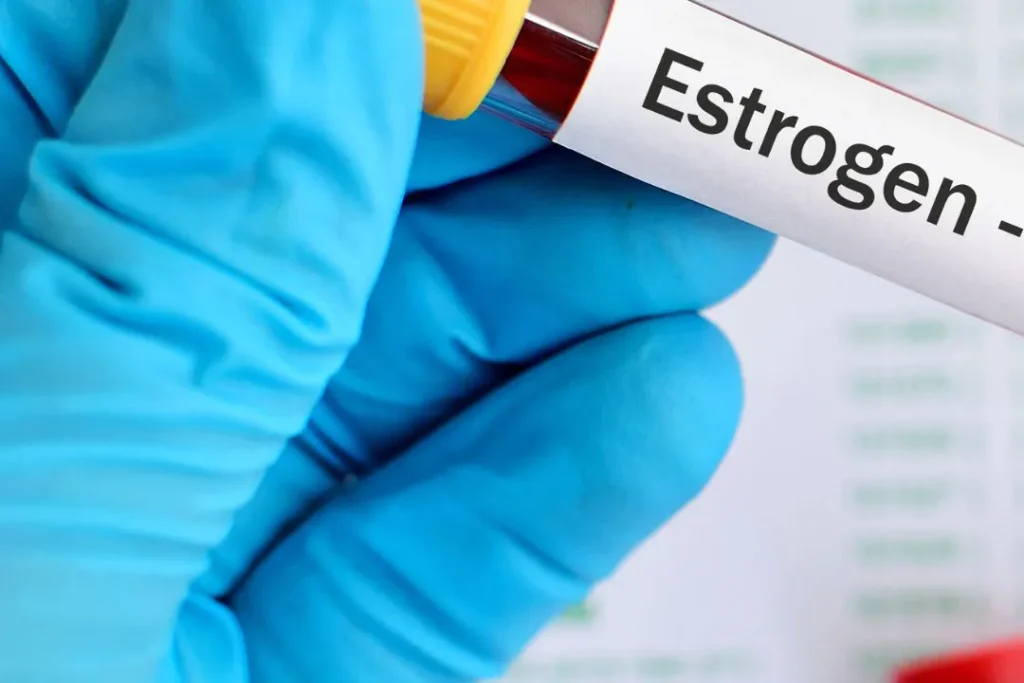Plants have been employed for their health-promoting characteristics for millennia throughout the history of traditional herbal therapy. Dong Quai, also known as Angelica sinensis, is one such plant that has long been a mainstay of traditional Chinese medicine and is now being used more frequently in Western herbal remedies. But in order to utilize this herbal supplement effectively and safely, one must have a thorough grasp of its chemistry, health advantages, ideal dose, potential side effects, and interactions with other drugs.
You May Also Like:
5 Great Nootropic Herbs for Focus and Mental Clarity
5 Great Nootropic Herbs for Energy, Focus, and Productivity
Dong Quai: Benefits, Dosage, Side Effects, Drug Interactions, and Other Important Information is an original (NootropicsPlanet) article.
The Nature of Dong Quai
The plant known as dong quai, often known as the “female ginseng,” is indigenous to China, Japan, and Korea. The dried roots of this plant are used to make medication. Phytochemicals, including flavonoids, coumarins, phytosterols, and polysaccharides, are abundant in this plant. The majority of the plant’s putative medicinal benefits are mostly attributed to these phytochemicals, particularly the coumarins, and flavonoids.
Psoralen and angelicin stand out among the coumarins found in Dong Quai. The therapeutic potential of Dong Quai is enhanced by its antispasmodic, anti-inflammatory, and vasodilatory actions. The flavonoids including quercetin and ferulic acid have antioxidant characteristics that save the body’s cells from oxidative stress.
Health Benefits of Dong Quai
The extensive range of phytochemicals in Dong Quai is thought to be responsible for its complex effects on human health. Dong Quai has been historically used to treat illnesses including inflammation and discomfort as well as menstrual cramps, menopausal symptoms, and blood pressure modulation.
Recent studies show that the coumarins in dong quai may block smooth muscle contraction, which would explain why it is used to treat menstrual cramps. Its flavonoid content, which may have little estrogenic action, may have a role in the therapy of menopausal symptoms. It’s important to remember that further study is required because the processes underlying these impacts are not yet fully known.

Chemistry of Dong Quai
As stated, a wide variety of phytochemicals including flavonoids, coumarins, phytosterols, and polysaccharides make up Dong Quai’s main ingredients and are what give it its biological effects.
Strong antioxidants called flavonoids, including quercetin and ferulic acid, shield cells from harmful free radicals. Additionally, the antiviral, anti-inflammatory, and anticancer effects of quercetin have been noted.
Coumarins such as psoralen and angelicin have antispasmodic, anti-inflammatory, and vasodilatory properties which increase blood flow by preventing platelet aggregation and smooth muscle contraction.
Dong Quai contains phytosterol which shares structural similarities with cholesterol and therefore inhibits intestinal absorption of cholesterol and improves cardiovascular health.
Complex carbohydrates called polysaccharides have been proven to have immunostimulatory qualities, which strengthen the body’s defensive mechanisms.

Physiological Mechanisms of Action of Dong Quai
The precise processes underpinning Dong Quai’s positive benefits on health are still being investigated, but some of its active ingredients have already shown activities that support its traditional applications.
As previously mentioned, coumarins have antispasmodic properties that can reduce smooth muscle contraction, which may explain why they are used to treat menstrual cramps. Additionally, these substances have vasodilatory properties that improve blood flow and may help with circulatory problems.
Quercetin and ferulic acid in particular are powerful antioxidant flavonoids that can stop cellular damage that accelerates aging and numerous diseases by neutralizing dangerous free radicals.
Dong Quai’s usage in treating menopausal symptoms may be explained by certain flavonoids’ modest estrogenic action. Dong Quai is not advised as a solitary therapy for illnesses that ordinarily call for hormonal treatment since its activity is insufficient to compare it to estrogen.
These bioactive components cooperate with one another, perhaps amplifying the effects of each. To comprehend these systems completely and their consequences for human health, additional study is necessary.

Optimal Dosage of Dong Quai
The ideal Dong Quai dose is determined by multiple variables, including your age, general health, and the illness being treated. Although various supplements exist in extract form, which may have varied dosage recommendations, the typical daily intake of the dried root in decoction is 4.5 to 9 grams.
Potential Side Effects of Dong Quai
Short-term use of Dong Quai is usually regarded as safe for the majority of users, although there are some possible adverse effects, such as increased sensitivity to the sun, gastrointestinal distress, and anticoagulant effects. Dong Quai may slow blood clotting, thus anyone with bleeding problems or those using blood-thinning medications should use it cautiously.
Potential Substance Interactions with Dong Quai
It’s also advised that if you have hormone-sensitive diseases, such as malignancies of the breast, uterus, or ovaries, you should avoid Dong Quai’s usage due to its possible estrogenic action.
Some drugs, such as anticoagulants and antiplatelets, hormone replacement therapy, and St. John’s wort, may interact with Dong Quai. Therefore, before beginning Dong Quai supplements, those who are on these drugs should speak with a healthcare professional.

Responsible Use of Dong Quai
Responsible usage of Dong Quai requires comprehensive knowledge of this herbal supplement in light of its possible advantages and hazards. Adhering to recommended doses and taking into account any possible drug interactions are both important. Before beginning any supplementation regimen, it is always advised to speak with a healthcare professional in situations of underlying health concerns.
Finally, Dong Quai has demonstrated remarkable promise as a medicinal herbal supplement, notably for ailments relating to menstruation and menopausal health. To completely comprehend the plant’s mechanisms of action and long-term safety profile, further study is required. Dong Quai should be taken safely and in accordance with knowledge of the dangers, benefits, and interactions associated with it, just like any other dietary supplement.
Dong Quai:
Conclusion
Dong Quai, also known as Angelica sinensis, is a supplement that has long been valued in traditional Chinese medicine to support women’s health and hormonal balance. Derived from the root of the Dong Quai plant, this herbal remedy is believed to promote blood circulation and relieve menstrual discomfort by reducing smooth muscle contraction.
Women with menopausal symptoms can also try to use dong quai as a supplement as it is believed to relieve menopausal symptoms. However, it is important to note that individual experiences may vary, and the use of dong quai may increase your sensitivity to the sun and also cause certain gastrointestinal distress or anticoagulant effects. You must always consult with your doctor before incorporating Dong Quai into your routine.
References:
- Dong Quai: Uses, Side Effects, Interactions, Dosage, and Warning. Retrieved from: https://www.webmd.com/vitamins/ai/ingredientmono-936/dong-quai
- Dong Quai (Angelica sinensis [Oliv.] Diels). Retrieved from: https://www.drugs.com/npp/dong-quai.html
- Pharmacological Effects of Radix Angelica Sinensis (Danggui) on Cerebral Infarction. Retrieved from: https://www.ncbi.nlm.nih.gov/pmc/articles/PMC3174116/
Important Note: The information contained in this article is for general informational purposes only, and should not be construed as health or medical advice, nor is it intended to diagnose, prevent, treat, or cure any disease or health condition. Before embarking on any diet, fitness regimen, or program of nutritional supplementation, it is advisable to consult your healthcare professional in order to determine its safety and probable efficacy in terms of your individual state of health.
Regarding Nutritional Supplements Or Other Non-Prescription Health Products: If any nutritional supplements or other non-prescription health products are mentioned in the foregoing article, any claims or statements made about them have not been evaluated by the U.S. Food and Drug Administration, and such nutritional supplements or other health products are not intended to diagnose, treat, cure, or prevent any disease.


